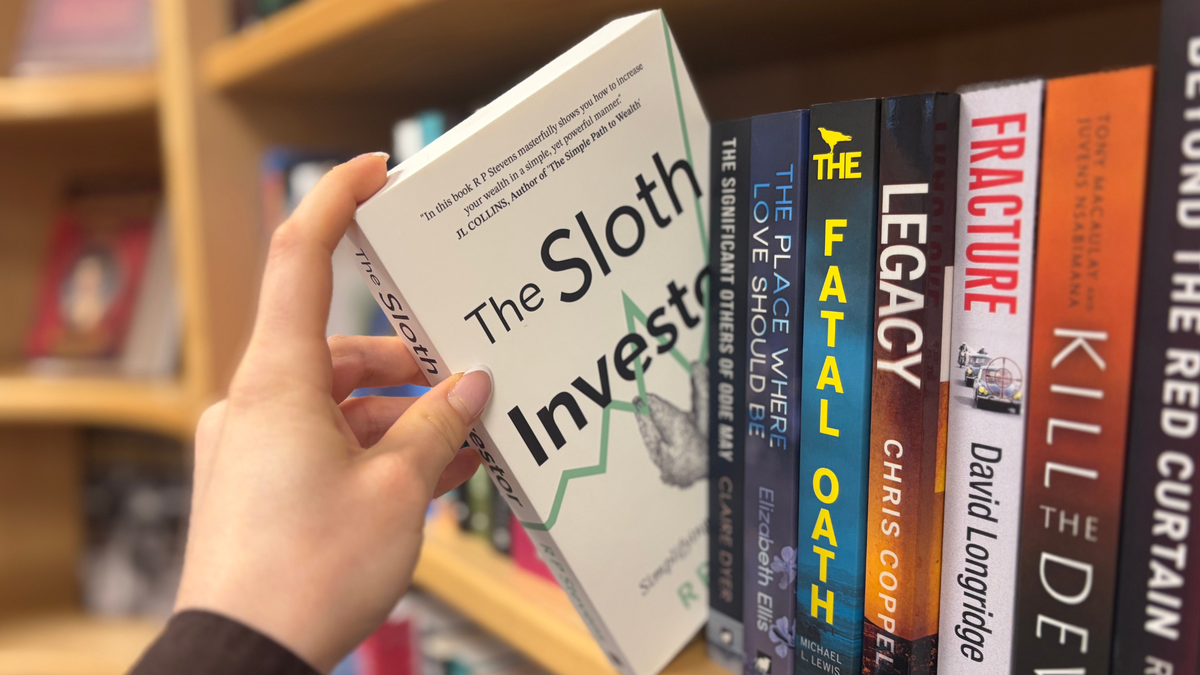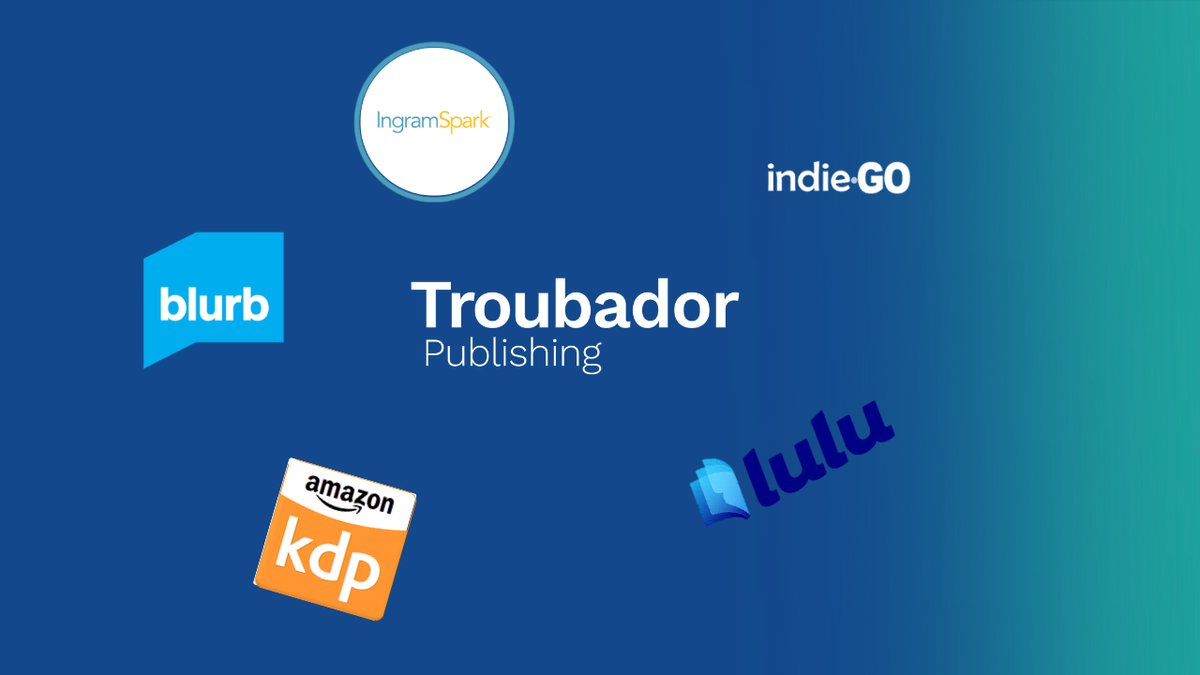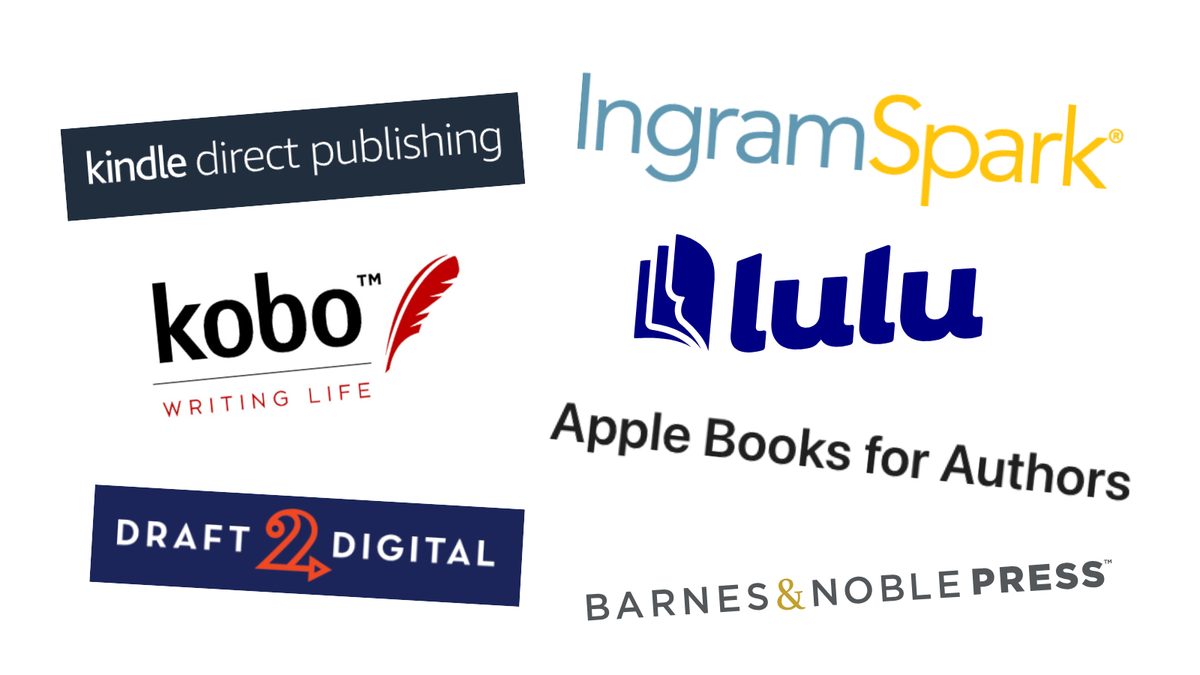
20th November, 2024
5 min read
The Changing Face of Self-Publishing: How Attitudes and Approaches Have Evolved
Written by:
Alex Thompson
Self-publishing is now one of the most utilised ways authors publish their books. How did this happen to a route to publication that, less than 30 years ago, was on the fringes of the book industry? Self-publishing has gone from strength to strength in very little time. I am here to explain why.
Overcoming Stigma & Challenges
In its early days, self-publishing was often dismissed as "vanity publishing," a last resort for authors unable to secure traditional publishing deals. It was seen as a marginalised choice, with many viewing self-published books as inferior in quality or lacking broad appeal. Those days are long gone now, though. Over time, the stigma around self-publishing has decreased significantly, transforming it from a perceived last resort into a respected and attractive option for authors. High-profile success stories, like those of authors who have gained large followings or hit bestseller lists through self-published works, have helped reshape public and industry perceptions. These authors demonstrated that self-publishing could lead to successful sales figures but also that high-quality books are now accessible for a fraction of the price that they used to be.
Without the support of established publishers, authors faced significant hurdles, including high production costs and limited distribution options. Printing a book was costly. With short print runs uncommon and print-on-demand unavailable, the only option was for authors to print many thousands of copies in one go. Marketing channels were scarce, making it hard to reach readers outside of local circles. Traditional publishers and the public often perceived self-published authors as amateurs, believing that if a book was good enough it would have found a traditional publisher. This stigma, along with substantial financial barriers, made self-publishing an intimidating and often overlooked path for most writers at the time.
Technology Leads the Way
The rise of digital platforms and print-on-demand technology further levelled the playing field, allowing authors to control their work and reach global audiences instantly. Today, self-publishing is considered widely as a legitimate route to publication and a viable alternative to the often challenging process of landing a traditional publishing deal. Many authors now actively choose self-publishing to maintain creative control, retain the rights to their work and be rewarded with far higher royalty rates than traditional publishing typically offers among many other reasons. This shift has opened new doors for aspiring writers worldwide.
Self-published authors today have access to a wealth of resources that empower them to produce and market their work with professional polish. Individual specialists now operate in the niche areas of publishing that collectively go into creating a book, from professional editors and cover designers to publicists and marketers. As well as having access to professional help, many tools exist to allow authors to do it all themselves. Digital design tools, marketing platforms and social media have become widely used, enabling authors to access the market in more ways than ever before.
Expert Help
Full-service providers such as Troubador can take care of the whole publishing process for the author, giving them a traditional publishing experience – taking a manuscript through the production, marketing and distribution process on their behalf – while they are self-publishing their book. Troubador was founded in 1996, meaning that we have ridden the wave of the rise of self-publishing, influencing the UK industry in particular in our own way as we went, and we publish, market and sell hundreds of high-quality books each year on behalf of our authors.
With the variety of help on offer for authors nowadays, the options for how an author can self-publish a book are seemingly endless. From a DIY ebook published online to a high-quality hardback book promoted and sold to the book trade, authors exploring self-publishing have never had more control over their publishing objectives.
Challenges Remain
Of course, even with the huge advances it has undergone, self-publishing a book still comes with challenges. As the industry becomes more competitive and saturated – largely led by the availability of digital publishing platforms – literally millions of books are being released every year, making it increasingly difficult for authors to stand out. The market is flooded with options and authors must work harder to capture readers' attention.
In addition, balancing the creative process with the demands of running your publishing like a business can be tricky. Authors must take on multiple roles, from writing and editing to managing their marketing, promotion and order fulfilment if they are printing copies of their book. This can be overwhelming, especially for those who are choosing to publish as a hobby or do not want to dedicate a great amount of time themselves to promoting their books, which is why a lot of authors choose to work with a publisher like Trouabdor that can take care of it all on an author’s behalf.
Finally, a consideration that every author needs to make ahead of starting their publishing journey is the cost to themselves, both in terms of time and money. Authors can upload their books for free to a digital publishing platform but risk sacrificing the quality, visibility and sales potential of their book by doing so. At the other end of the scale, authors can pay a publisher like Troubador to give them the best quality product and manage the complexities for them but this will come at a higher cost – although we are very transparent about what authors can expect to pay on the pricing page of our website.
The Future of Self-Publishing
The future of self-publishing is poised for significant transformation, driven by advancements in technology and changing consumer preferences. For example, AI tools are revolutionising the creative process, offering authors intuitive assistance in writing, editing and even generating content. While there is a sinister side to having such creative power accessible to all, using new technology appropriately can help authors maximise the potential of their work.
The demand for multi-format publishing is also skyrocketing. Most readers will expect an ebook to be available alongside a printed book and audiobooks look to be heading the same way. Self-published authors often lead the way in making their books available in multiple formats to best suit their readers.
While most self-published books are author-funded, subscription and crowdfunding models are gaining traction, offering authors new ways of funding their projects and giving them direct connections with their audience. Platforms like Kickstarter are empowering authors to fund their projects and build loyal fanbases.
As the industry continues to evolve, we can expect further integration of AI-driven services, more interactive formats and an increase in direct-to-consumer models, which will empower authors to retain greater control over their work and its distribution. The future of self-publishing is bright and brimming with possibilities.
Embrace the Opportunity
Self-publishing has undergone a remarkable evolution, marked by positive shifts in accessibility, technology, reception by readers and the way authors can engage with their audiences. Opportunities for authors continue to thrive outside traditional publishing routes, and this is set to continue and evolve well into the future. Aspiring authors should seize the growing potential of self-publishing as a viable and empowering option, offering greater creative freedom, control and revenue, all while maintaining ownership of their rights and receiving better royalty rates. As the industry continues to evolve, self-publishing remains a powerful way for authors to share their stories with the world.













